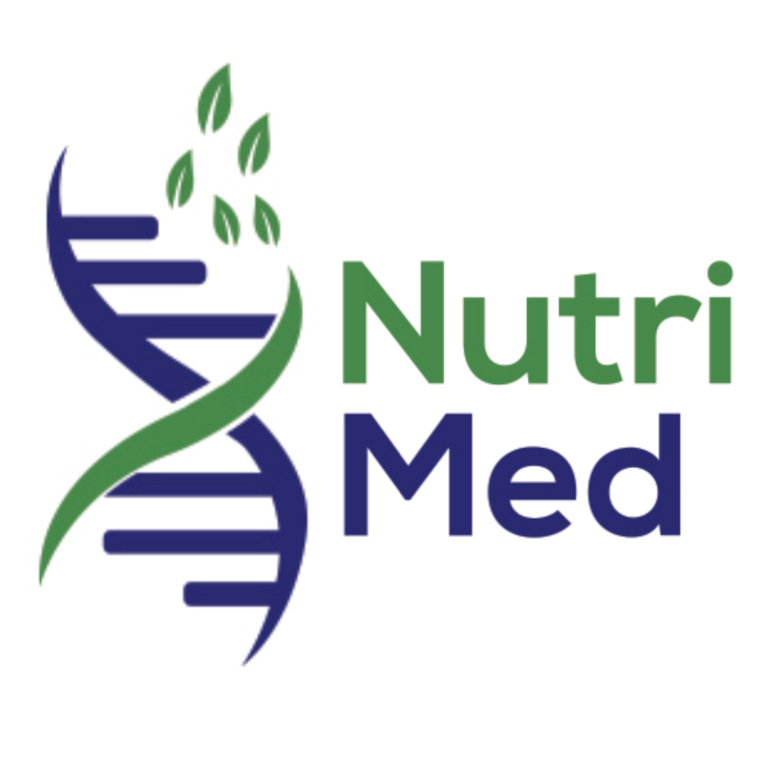Nutrition and Disease management
Nutrition is an important consideration when treating certain diseases. In this section we bring you information about diseases where nutrition can play significant role such as neurodevelopment diseases, gastrointestinal diseases, pediatric diseases, metabolic syndrome and diabetes.
Nutrition also impact on aging and frailty, critical care support post-surgery and oncology care.
Disease Conditions
Autism Spectrum Disorder

Autism spectrum disorder is a group of conditions that are classified as neurodevelopmental diseases according to the fifth edition of the American Association of Psychiatrists’ Diagnostic and Statistical Manual of Mental Disorders.
Individuals with ASD exhibit two types of symptoms:
- Problems in communication, interaction and social interaction
- Recurring patterns of behavior or activities
Attention Deficit & Hyperactivity Disorder

Attention deficit hyperactivity disorder (ADHD) is a mental disorder of the neurodevelopmental type. It is characterized by difficulty paying attention, excessive activity and acting without regards to consequences, which are otherwise not appropriate for a person’s age.
Gluten sensitivity

Gluten is a protein found primarily in wheat, barley and rye. If a person has a gluten intolerance, this protein can cause digestive problems such as gassiness, abdominal pain or diarrhea.
Celiac disease is an autoimmune disorder that causes genetically susceptible individuals to negatively respond to gluten. The immune system overreacts causing symptoms that are potentially serious or even live threatening.
Casein intolerance

Gluten is a protein found primarily in wheat, barley and rye. If a person has a gluten intolerance, this protein can cause digestive problems such as gassiness, abdominal pain or diarrhea.
Celiac disease is an autoimmune disorder that causes genetically susceptible individuals to negatively respond to gluten. The immune system overreacts causing symptoms that are potentially serious or even live threatening.

